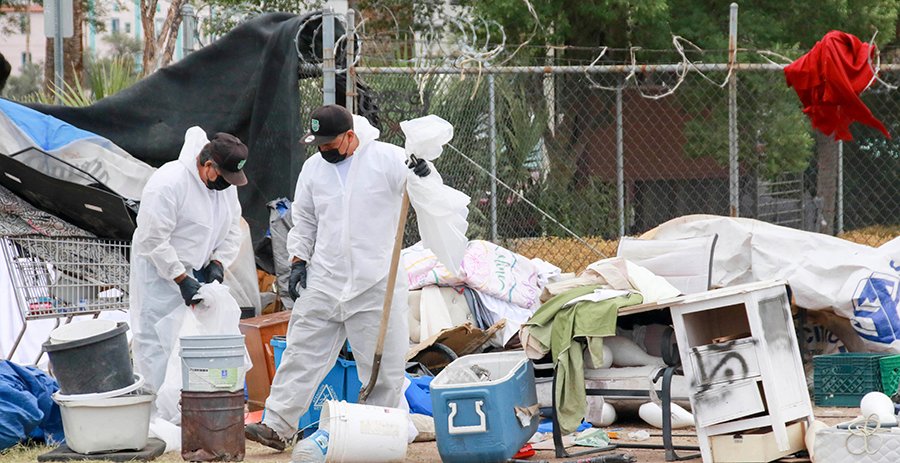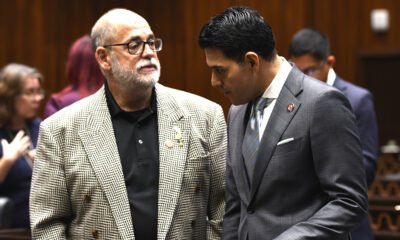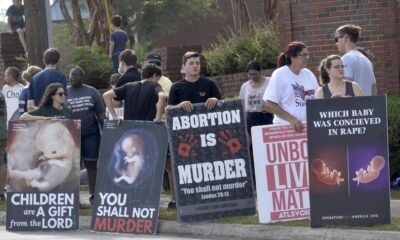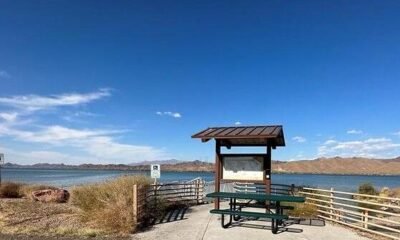Business
Cities Face Penalties for Homeless-Related Property Damage Under New Ballot Measure

A recent legislative push in Arizona, sparked by concerns over homelessness, could bring significant changes to local governance. Republican lawmakers are advocating for Proposition 312, which would impose financial consequences on local governments if property owners claim to have incurred costs due to non-enforcement of laws related to public order.
Initially motivated by issues around “The Zone,” a previously notorious encampment in downtown Phoenix, this measure seeks to hold municipalities accountable for various public nuisances, including illegal camping and loitering. Many GOP lawmakers argue that the legislation is necessary to restore public safety and improve quality of life for residents and businesses alike.
Opponents, including lobbyists representing cities and counties, have voiced concerns to lawmakers. They argue that legal precedents have constrained local governments, compelling them to permit illegal camping due to federal court rulings. However, a recent U.S. Supreme Court decision has countered this position, removing one significant barrier for local enforcement.
Supporters of the measure maintain that local governments should face fiscal repercussions for neglecting their responsibilities. Some businesses, reeling from decreased patronage due to visible homelessness, stand in favor of the proposition. While the measure does not allow for claims of lost revenue, it potentially opens avenues for tax refunds based on incurred expenses linked to mitigating public nuisances.
Unclear definitions within the measure may broaden the scope of what can be considered as expenses. Property owners could potentially claim costs for everything from increased security measures to property damage cleanup. The proposal requires local agencies to either pay the documented claims or allow property owners to sue, shifting the burden of proof onto the municipalities.
House Speaker Ben Toma, a key architect of this legislation, emphasized in legislative discussions that homelessness has escalated to a crisis, straining public safety and local resources. He cites examples of crime and environmental hazards stemming from inadequate management of homeless encampments.
With critics pointing out that the measure does not address the root causes of homelessness, advocates for comprehensive solutions reject this new approach as mere scapegoating of localities. Officials are calling for collaborative efforts to enhance shelter capacity and provide adequate support to those affected by homelessness.
Proposition 312 could reshape the dynamic between local governments and property owners, encouraging enforcement of laws while also inviting challenges to existing municipal practices. As debated in the Arizona legislature, this proposition could soon find itself in the hands of voters, illuminating the complexities surrounding homelessness and public policy in the state.

















